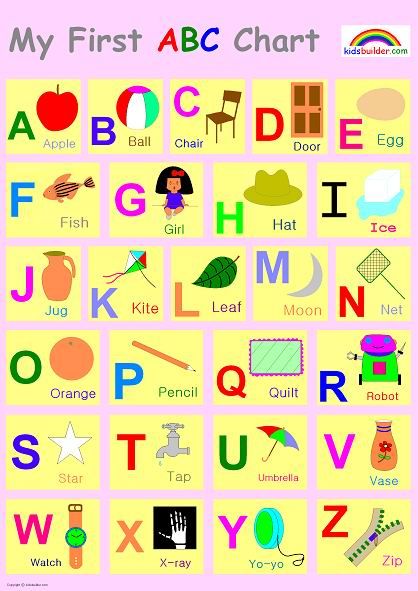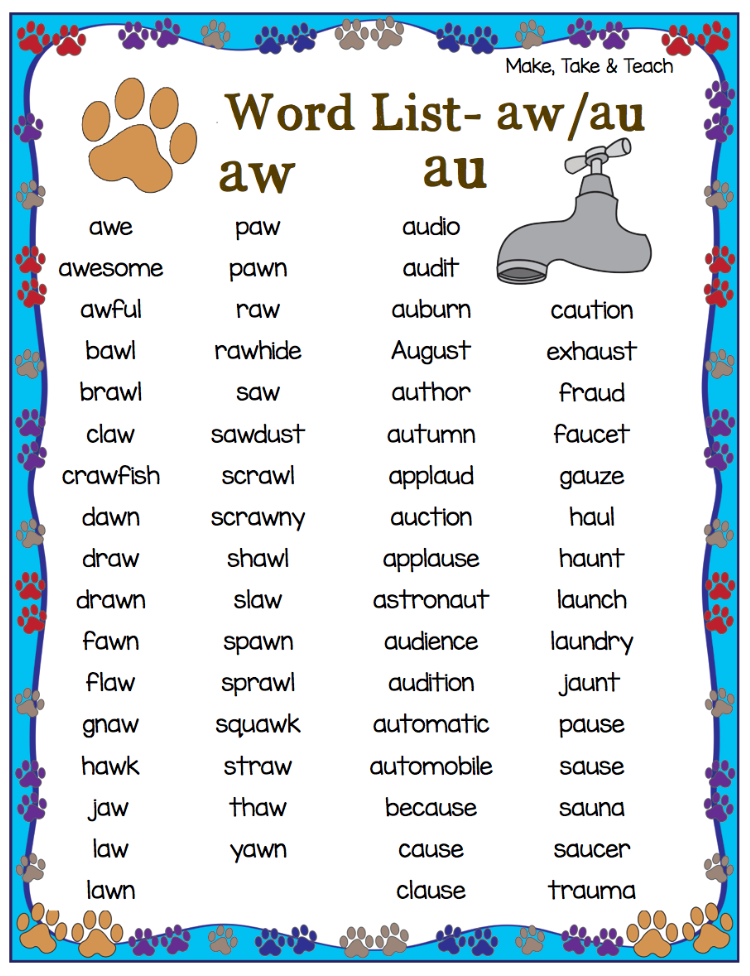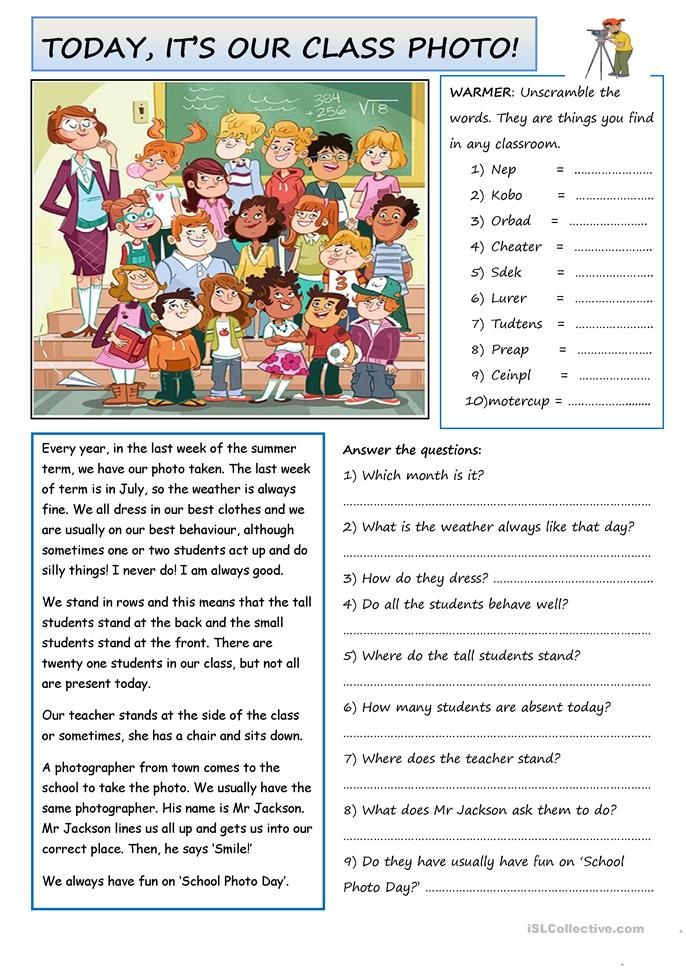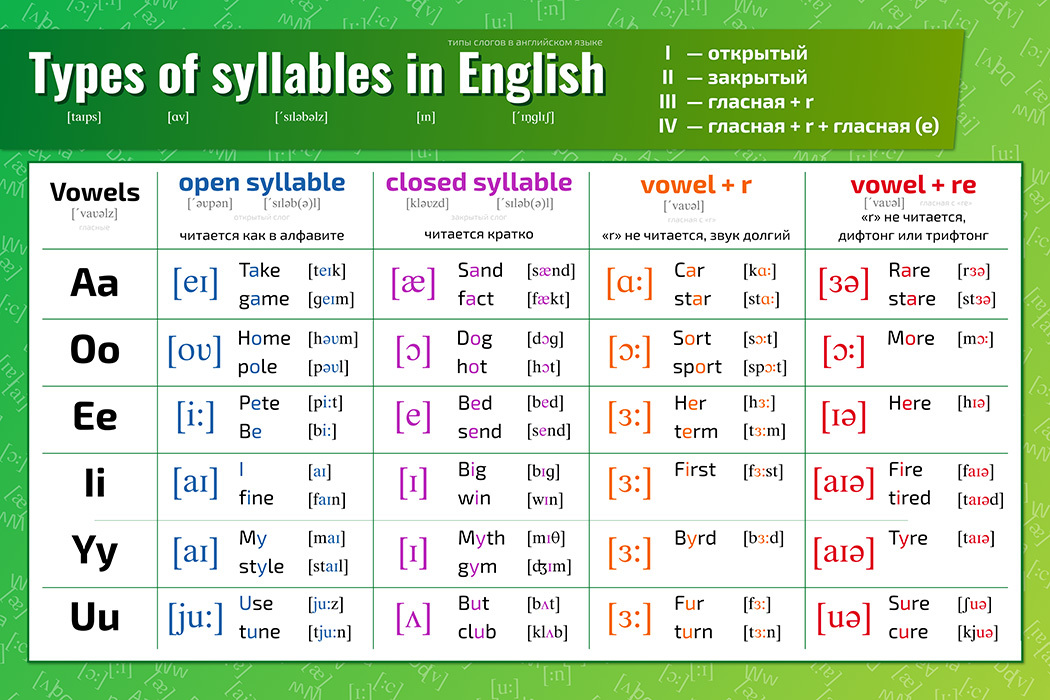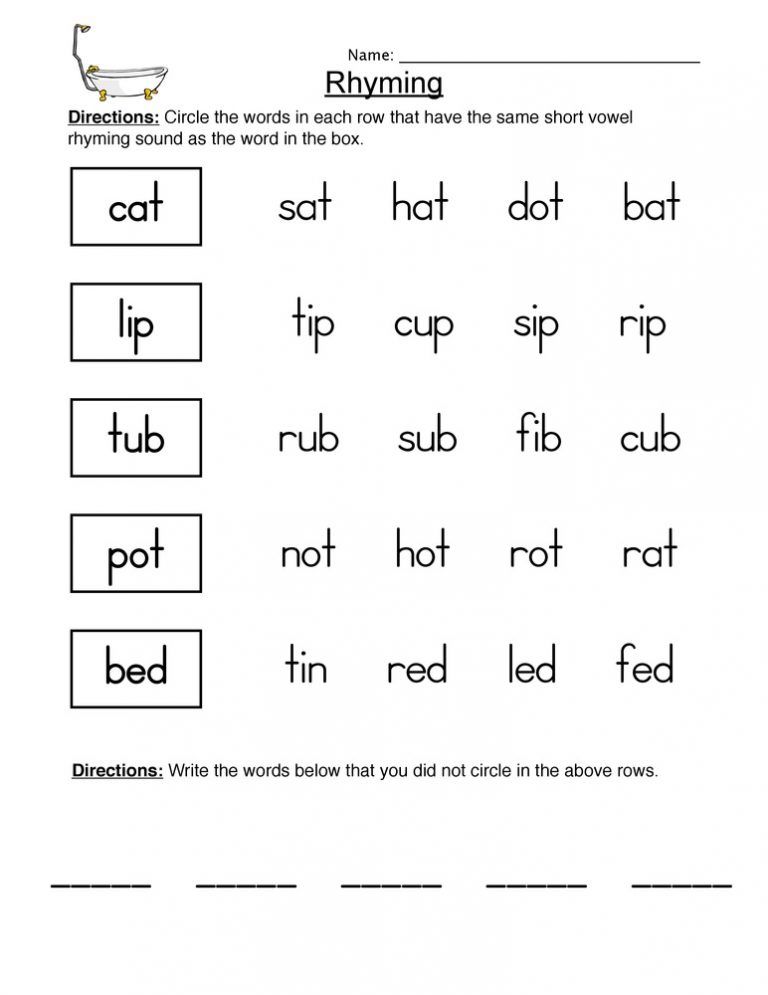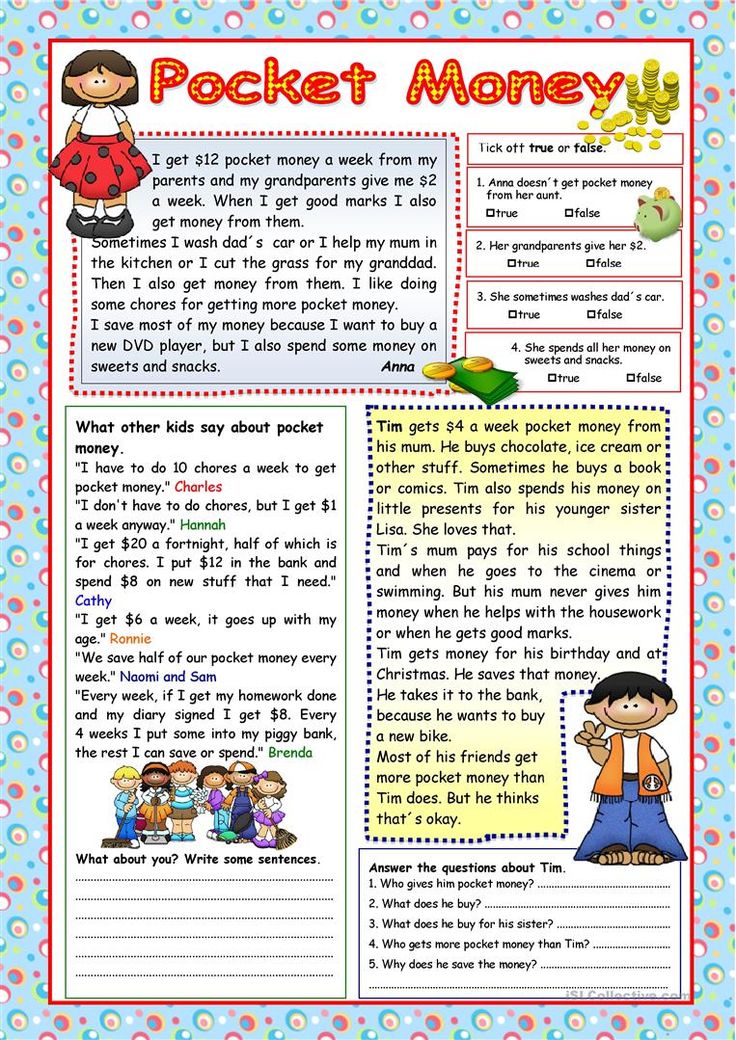I can read levels
What's their reading level?
What's their reading level?Product
Reader Level
Survey
Terms
Checkout
Tell us about your young reader. Books are organized by color-coded reading levels reflective of age, and grade. You can change the reading level or gender options anytime so your subscription can grow with your child just login into your account.
Read Aloud: Age 0-3 (Level 0)
Short, simple words and sentences, Repetitive vocabulary, and full-color illustrations for pre-readers who are new to books. A mix of board books, paperback & hardcover editions.
$19.95 - $199.95
Read Along: Age 3-5 (Level 1)
Short sentences, repetitive vocabulary, and simple concepts for your child to learn how to read with a little help.
A mix of paperback & hardcover editions.
$19.95 - $199.95
Read With Help: Age 5-7 (Level 2)
Engaging stories, longer sentences, and less repetitive vocabulary increased wordplay for developing readers who still need some help. A mix of paperback & hardcover editions.
$19.95 - $199.95
Read Alone: Age 7-9 (Level 3)
More complex stories, challenging vocabulary, and engaging plots for the solo reader. A mix of paperback & hardcover editions.
$19.95 - $199.95
Read Advanced & Chapter Books For Tweens: Age 9-12 (Level 4)
Advance plots and vocabulary with short paragraphs and/or short chapters based on exciting themes to bridge the gap full chapter books. A mix of exciting fiction and non-fiction chapter books, how-to guides, graphic novels to keep things interesting.
$19.95 - $199.95
What Customers Are Saying
"Impressive selection of books received. My grandson loves them all. Thank you!"
Kids Read Dialy Member Benefits
+ Each book is yours to keep forever
+ FREE SHIPPING
+ Books personalized to match your young reader
+Beautifully illustrated books in full color,
+ Books are large fonts high-quality paperback editions.
+Exclusive Amazon best selling books and #1 new releases.
+ Save up to 25% off Amazon list prices.
+Convenient monthly delivery to your door.
+Change reader level anytime so your membership grows with your child.
+No hassle cancelation policy
Choose Your Reader Level
Past Books
Fiction, coding, and comics for tween boys
Fiction and non-fiction for level three readers
Empowering heroine stories for tween girls
Chat with us, powered by LiveChatSorry, the page you are looking for could not be found.

- in compiled.php line 7693
- at RouteCollection->match( object(Request)) in compiled.php line 6965
- at Router->findRoute(object(Request)) in compiled.php line 6937
- at Router->dispatchToRoute(object(Request)) in compiled.php line 6929
- at Router->dispatch(object(Request)) in compiled.php line 1935
- at Kernel->Illuminate\Foundation\Http\{closure}(object(Request))
- at call_user_func(object(Closure), object(Request)) in compiled.
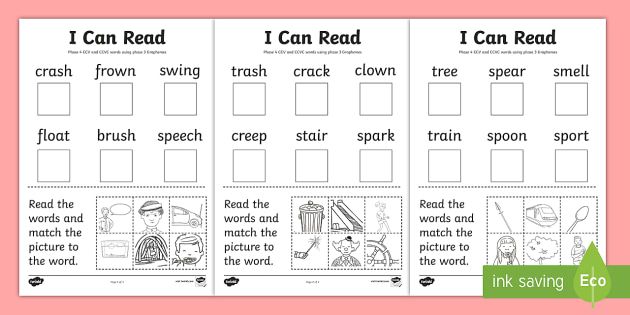 php line 8952
php line 8952 - at Pipeline->Illuminate\Pipeline\{closure}(object(Request)) in compiled.php line 2438
- at VerifyCsrfToken->handle(object(Request), object(Closure)) in VerifyCsrfToken.php line 17
- at VerifyCsrfToken->handle(object(Request), object(Closure)) in compiled.php line 8944
- at Pipeline->Illuminate\Pipeline\{closure}(object(Request)) in compiled.php line 12083
- at ShareErrorsFromSession->handle(object(Request), object(Closure)) in compiled.
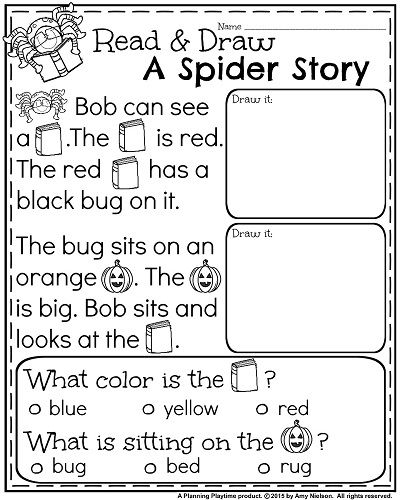 php line 8944
php line 8944 - at Pipeline->Illuminate\Pipeline\{closure}( object(Request)) in compiled.php line 10785
- at StartSession->handle(object(Request), object(Closure)) in compiled.php line 8944
- at Pipeline->Illuminate\Pipeline\{closure}(object(Request)) in compiled.php line 11789
- at AddQueuedCookiesToResponse->handle(object(Request), object(Closure)) in compiled.php line 8944
- at Pipeline->Illuminate\Pipeline\{closure}(object(Request)) in compiled.
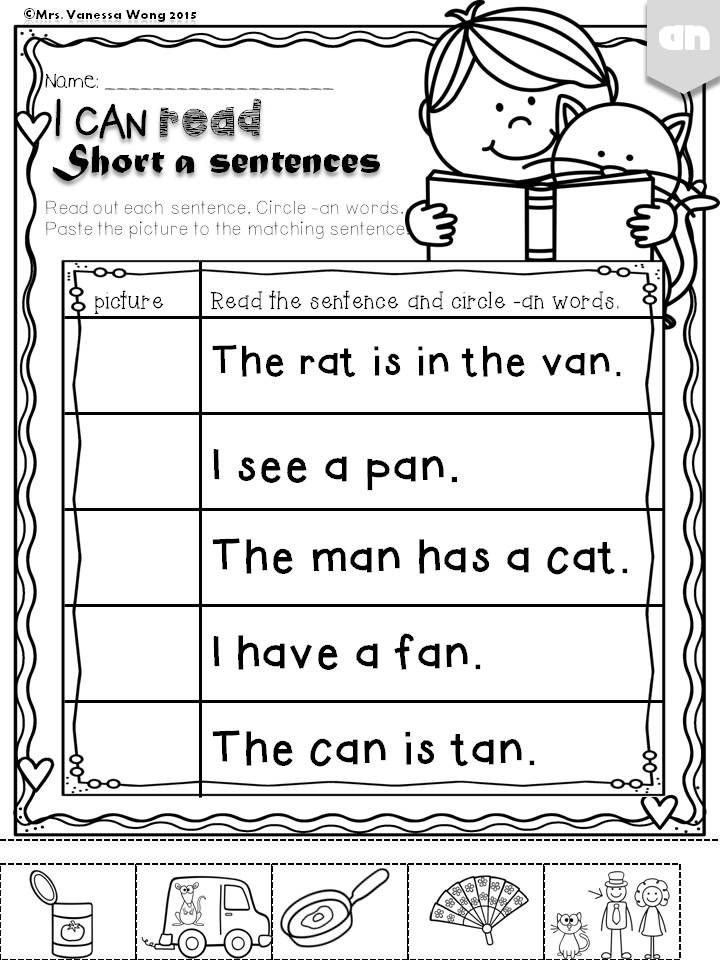 php line 11738
php line 11738 - at EncryptCookies->handle(object(Request), object(Closure)) in compiled.php line 8944
- at Pipeline->Illuminate\Pipeline\{closure}(object(Request)) in compiled.php line 2478
- at CheckForMaintenanceMode->handle(object(Request), object(Closure)) in compiled.php line 8944
- at Pipeline->Illuminate\Pipeline\{closure}(object(Request))
- at call_user_func(object(Closure), object(Request)) in compiled.
 php line 8935
php line 8935 - at Pipeline->then(object(Closure)) in compiled.php line 1891
- at Kernel->sendRequestThroughRouter(object(Request)) in compiled.php line 1880
- at Kernel->handle(object(Request)) in index.php line 53
European Language Proficiency Levels
(A1) - Beginner
(A2) - Below Intermediate
(B1) - Intermediate
(B2) - Above Intermediate
(C1) - Advanced
(C2) - Professional Level
There are two main recognized scales of English proficiency levels: International and European. The proposed table gives a description of each of the levels and shows the correspondence between the levels according to the International and European classification.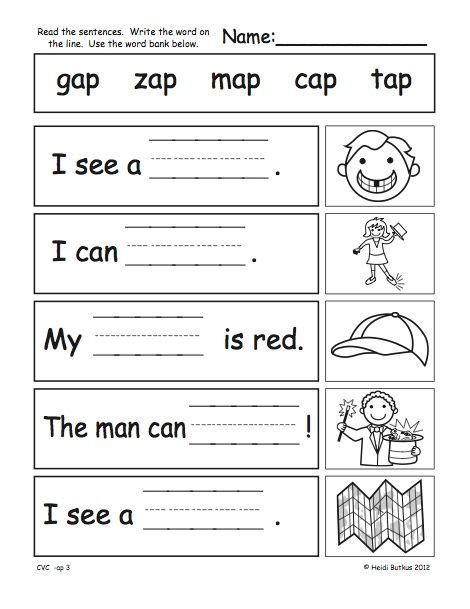
| European levels of levels | International level of levels | Knowledge and skills at this level | 9000 9000 9000 9000 9000 9000 9000 9000 9000 9000 9000 9000 9000 9000 Elementary) | You understand and can speak using familiar expressions and very simple phrases to solve specific problems in everyday situations: You can communicate in a hotel, cafe, shop, on the street using familiar expressions and simple phrases for everyday communication. You know how to read and translate simple texts, you can write simple letters (for example, congratulations on a holiday), fill out forms. You understand slow, clear speech, provided that the subject matter is familiar and familiar to you. nine0008 |
| A2 Pre-level level |
Below average (Pre-Intermediate) | You can talk about yourself, your family, profession, preferences (in music, kitchen, hobby, hobby, hobby, hobby, hobby, hobby, hobby, hobby, hobbin , season…). |
| B1 | average (Intermediate) | You can understand what we are talking about in most radio and television programs about current events. You know how to express your own opinion, justify your views, retell the content of what you read or see, conduct personal and business correspondence of medium complexity, read adapted literature in a foreign language. |
| B2 Threshold level | above average (Upper-Intermediate) | You speak the conversational language in various situations (from household to professional), you can communicate without preparation with a carrier. |
| C1 Professional ownership | Advanced (Advanced) | You understand a variety of complicated detailed texts and you can identify the implicit values contained in them, you can do without preparation, run -in, not experiencing difficulties. in the choice of words to express their thoughts. Your speech is distinguished by a variety of linguistic means and the accuracy of their use in situations of everyday, educational or professional communication. You can write clear, logical, detailed messages on complex topics. nine0008 |
| C2 Production level | Professional (Proficency) | You freely understand any oral or written information, you can summarize the information received from different written or oral sources present it in the form of a clearly reasoned coherent message. |
More information about the European scale can be found on the website of the Council of Europe at (in English): http://www.coe.int/t/dg4/linguistic/Cadre1_en.asp
(A1) – initial
According to the generally accepted method of teaching foreign languages, 4 types of speech activity develop at each level: Speaking, Reading, Listening and Writing. Chief among these is speaking, and it is to the goal of speaking fluently and correctly that all other learning is subordinated. Level A1 is the basics of a foreign language. Here they are introduced to the alphabet and the peculiarities of the pronunciation of sounds that have no analogues in our native language. They learn to understand foreign speech and speak within the framework of the studied vocabulary on certain topics. nine0008
(A2) - below average
Level A 2 is a kind of "key moment" in the life of a foreign language learner.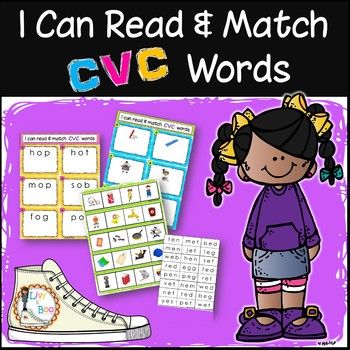 It is at this level that all the basic grammar is laid down that is necessary to keep a conversation on a certain topic, expressing one's opinion or requirement in a familiar context. You can forget about the expression “I understand, but I can’t say”. Of course, it is important how conscientiously you worked throughout this level of language learning, as well as what knowledge you had at the start. nine0008
It is at this level that all the basic grammar is laid down that is necessary to keep a conversation on a certain topic, expressing one's opinion or requirement in a familiar context. You can forget about the expression “I understand, but I can’t say”. Of course, it is important how conscientiously you worked throughout this level of language learning, as well as what knowledge you had at the start. nine0008
(B1) - intermediate
B1 - this is the so-called "intermediate" level of language proficiency, but in fact this is already quite a decent level, allowing you to speak a foreign language quite fluently, discuss many professional and everyday topics, understand hearing almost everything said in a foreign language at a normal pace. Students understand what is being discussed in most radio and television programs, know how to express their own opinion, justify their views, retell the content of what they have read or seen, conduct personal and business correspondence of medium complexity, read literature in a foreign language.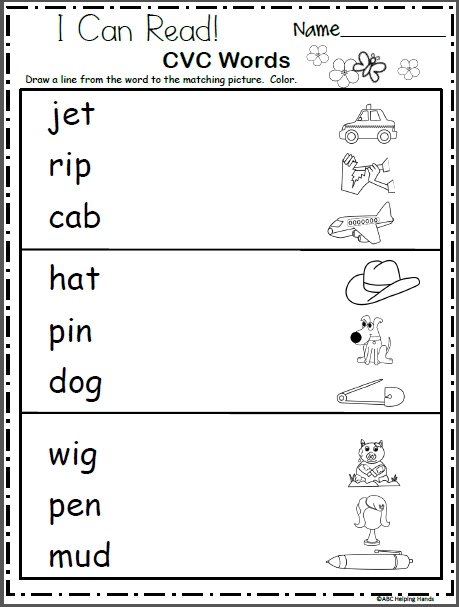 This level of language proficiency allows you to take entrance exams to Russian universities and preparatory courses abroad. nine0008
This level of language proficiency allows you to take entrance exams to Russian universities and preparatory courses abroad. nine0008
(B2) - above average
B2 is not just an average level of foreign language proficiency, it is already a serious level of knowledge sufficient for foreign language communication in almost all areas of communication. Knowledge at level B2 is enough to live and communicate in a country where the studied language is considered the main one. Knowledge at this level is consolidated, systematized and expanded by more complex cases of using grammatical structures. At this stage of learning in each of the main activities (Speaking, Reading, Listening, Writing) in more detail. nine0008
(C1) - advanced
This is a serious level of knowledge of a foreign language, because it is the level C1 that graduates of the philological faculties of higher educational institutions of our country should master.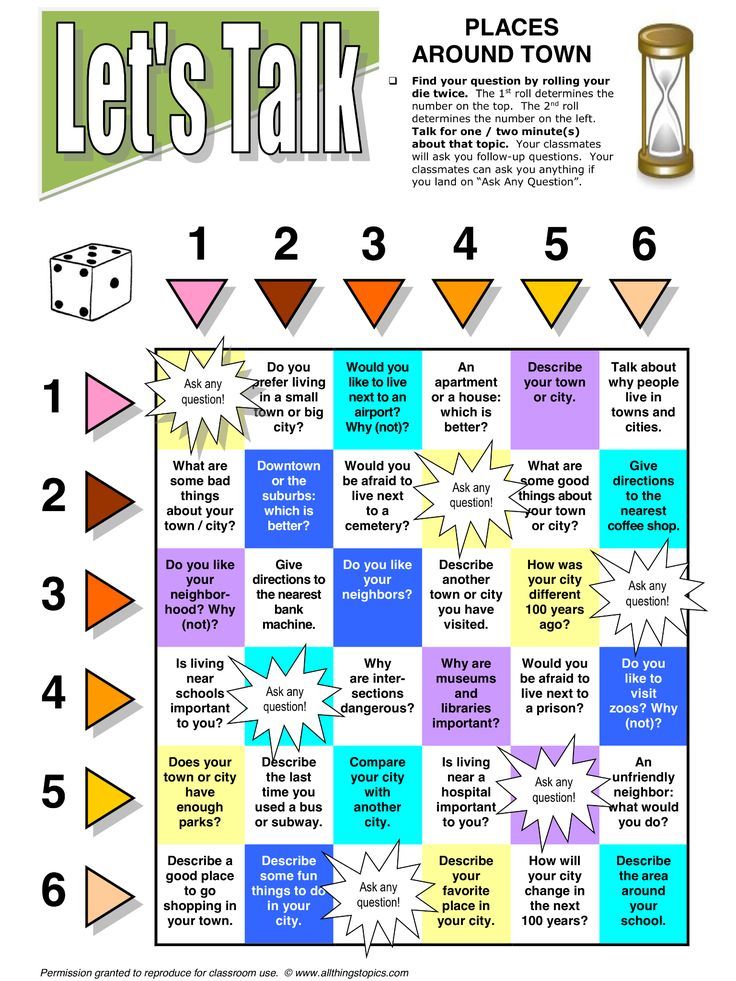 That is, for the most part, people who teach a foreign language as a foreign language speak it at an advanced level. At this level, a person already spontaneously (that is, without prior preparation) and relatively freely can verbally express his opinion on any topic, including narrowly focused ones. At the same time, he does not have difficulties using complex grammatical constructions and with a large number of synonyms that are used to reinforce his point of view with examples and so on. At this level of learning, the ability to speak about everything will develop, even if you do not know much about the topic of conversation, the main thing is not what you say, but how you say it. nine0008
That is, for the most part, people who teach a foreign language as a foreign language speak it at an advanced level. At this level, a person already spontaneously (that is, without prior preparation) and relatively freely can verbally express his opinion on any topic, including narrowly focused ones. At the same time, he does not have difficulties using complex grammatical constructions and with a large number of synonyms that are used to reinforce his point of view with examples and so on. At this level of learning, the ability to speak about everything will develop, even if you do not know much about the topic of conversation, the main thing is not what you say, but how you say it. nine0008
(C2) - professional level of proficiency
This is the highest level of foreign language proficiency New grammar material at this stage of learning, students will not meet, since all the grammar was passed at the previous levels. Grammar is repeated and consolidated on the basis of thematic articles with a large content of specific vocabulary.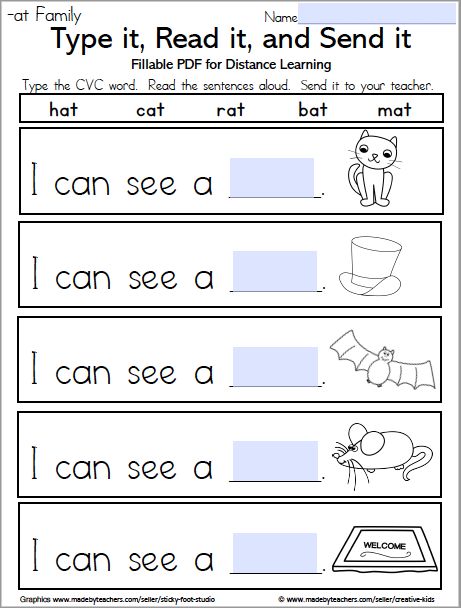 As for vocabulary , it will be replenished with specific vocabulary, jargon, terms. Also, much attention is paid to phraseological turns or idioms. Due to the large number of phraseological units, speech becomes more “live”, stylistically colored and sounds relaxed and confident .
As for vocabulary , it will be replenished with specific vocabulary, jargon, terms. Also, much attention is paid to phraseological turns or idioms. Due to the large number of phraseological units, speech becomes more “live”, stylistically colored and sounds relaxed and confident .
how to determine your level and increase it?
"I speak English almost fluently."
Do you ever doubt yourself while saying this phrase? What does “practically free” even mean? Does this mean that you speak English at C2 level and have already reached the top in learning the language?
In fact, English fluency starts a couple of levels lower than C2! We know this thanks to the Common European Framework of Reference for Languages (CEFR). CEFR is an international system for assessing language ability on a scale from A1 (Beginners) to C2 (Masters). nine0008
There are many free online tests you can take to check your CEFR level. You can also take official language proficiency tests such as IELTS, which will provide you with certified proof of your level of English for employers, colleges and universities.
This guide will help you compare your skills with each level of English and estimate how long it will take to reach each level. You will also receive some helpful tips to reach your next goal. Let's start! nine0008
English levels at a glance
| Level | CEFR system | Description |
| Entry level | A1 | You can use simple phrases for basic needs. With the A1, you can communicate at a basic level, as long as the other person speaks clearly. |
| Below average | A2 | You can use English for everyday tasks and activities. You can also understand general phrases related to topics such as personal information and work. nine0019 |
| Medium | B1 | You can have simple conversations on familiar topics. At this stage, you can describe experiences, events, and deal with many situations while traveling. |
| Above average | B2 | You can communicate confidently on many topics. At B2 level, you can communicate with native speakers without problems and with a certain degree of spontaneity. You can also understand the main ideas of texts in your area of specialization. nine0019 At B2 level, you can communicate with native speakers without problems and with a certain degree of spontaneity. You can also understand the main ideas of texts in your area of specialization. nine0019 |
| Advanced | C1 | You can express yourself freely in almost any situation without having to look for expressions. You are able to perform complex tasks related to work and study. You can also create clear and detailed texts on complex topics. |
| Mastery | C2 | You are fluent in the language. You have the ability to read, speak and write on any subject, to express any emotion or opinion. You can distinguish subtler shades of language even in complex situations. nine0019 |
1. Entry level: A1 on CEFR
“I am Groot”
- Groot, Guardian of the Galaxy, speaking English at A1 level.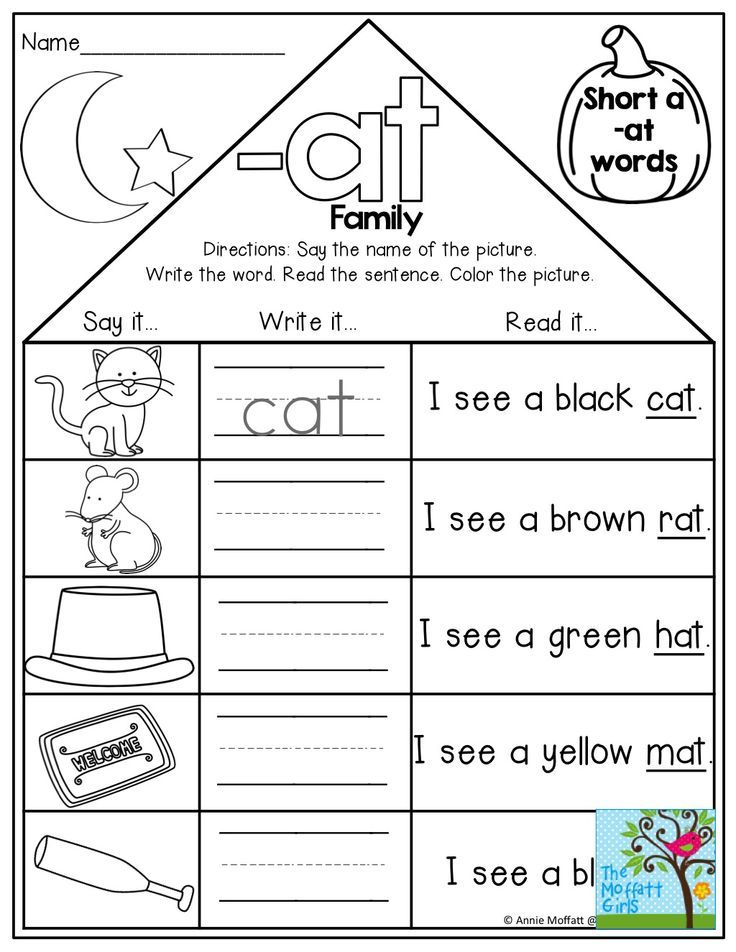
What you need to know about A1 English
At the A1 level, also known as the Super Beginner level, you have very limited language skills. However, you can navigate everyday situations with common expressions and basic vocabulary if you are familiar with the situation. This means that you can navigate London, Vancouver or Los Angeles, albeit using Google Translate many times! Students at A1 level speak slowly and with pauses as their brain tries to find the right word, so it may take a little patience for native speakers to strike up a real conversation. nine0008
The vocabulary at this level is approximately 700 words . This may seem like a lot, but it's actually a surprisingly limited set. It takes about 100 hours of classes to pass the Cambridge English exam at A1 level.
What you can do at A1 level
At A1 level, English learners can:
- Introduce yourself using simple greetings and talk about the weather.
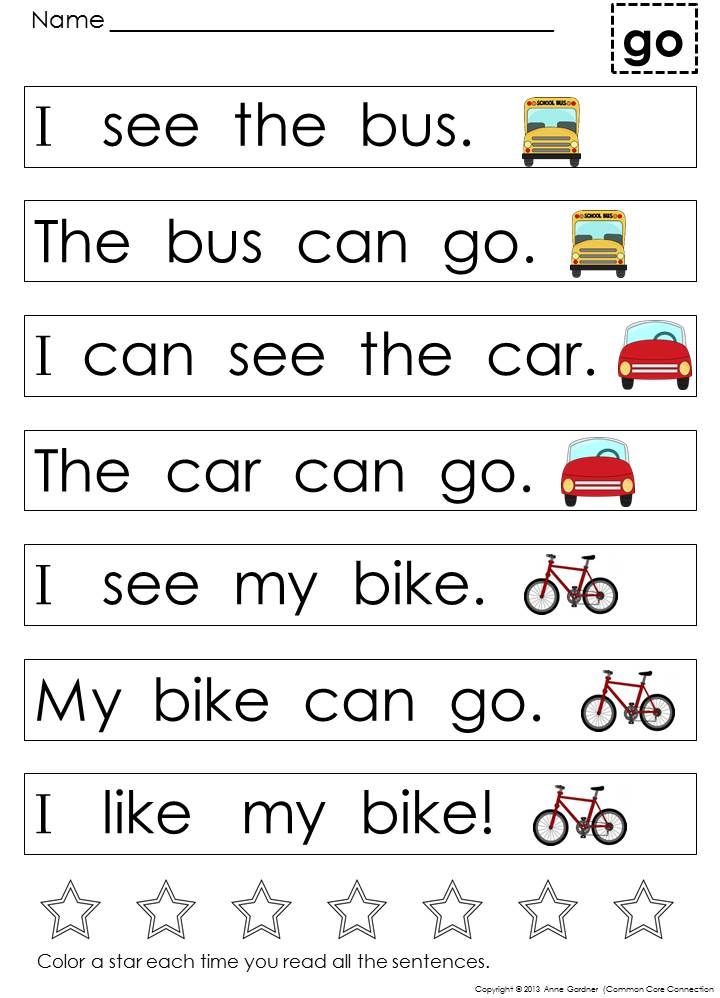
- Understand very simple geographical descriptions and directions from local residents. nine0315
- Travel around cities by reading simple signs, posters and announcements.
- Write very simple descriptions of your hobbies and interests.
How to reach the A1 level
The best way to reach the A1 level is to start learning and keep up the pace! When it comes to acquiring new skills, everyone needs to start from scratch. One of the biggest challenges is to keep going and keep the momentum going. At first, you will be awkward and you will make mistakes. But you need to accept it to improve your level of English. At this point, you should try some easy-to-use apps like Duolingo or Babbel, which are designed for real beginners and stop being so useful once you reach A2 level. You can then use the dictionary from these apps to create lists in notebooks or on cards. nine0008
2. Below average: CEFR level A2
“Try not. Do or do not. There is no try.”
- Yoda, Jedi Master with A2 English.
What you need to know about A2 English
At the A2 level (or “elementary” level) you can take part in everyday small talk and express your opinion, but in very simple ways and only on familiar topics . At this point, you will begin to truly explore past and future times by immersing yourself in your history (“Before I came here, I lived in Italy”) and your ambitions (“In the next 5 years, I am going to start my own company "). You will likely still have very short conversations and will have to rely on someone who speaks your native language to guide the conversation. However, it will be much easier to communicate with a native speaker than A1 level users! nine0008
When you reach level A2 you should have a working vocabulary of about 1500 words plus a solid understanding of grammar.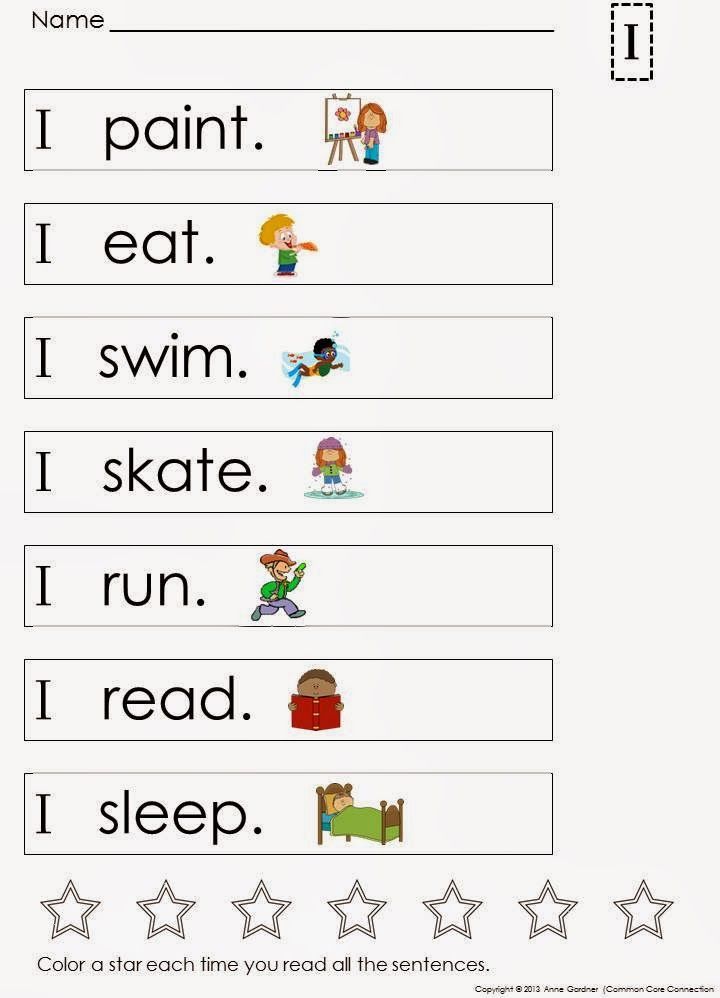 It takes approximately 180-200 hours to pass the Cambridge English exam at A2 level.
It takes approximately 180-200 hours to pass the Cambridge English exam at A2 level.
What you can do at A2 level
At A2 level, English learners can:
- Talk to native speakers and communicate with English-speaking colleagues about familiar topics.
- Understand slow, frequently used expressions in areas such as shopping, family, and work. nine0315
- Write in simple terms about current issues and describe key family members and friends.
- Read short, simple texts containing common words and common international expressions.
How to reach the A2 level
While A2 is still technically a “beginner level”, you have to go through a serious journey to reach it. By now, you should be having (easy) conversations! One great tip: study the topics of conversation that may come up in everyday life - in other words, English for survival. Another effective way to learn is to prepare a cheat sheet or diary with everything you might want to say during the conversation, such as yourself, your hobbies, restaurants you recommend, etc.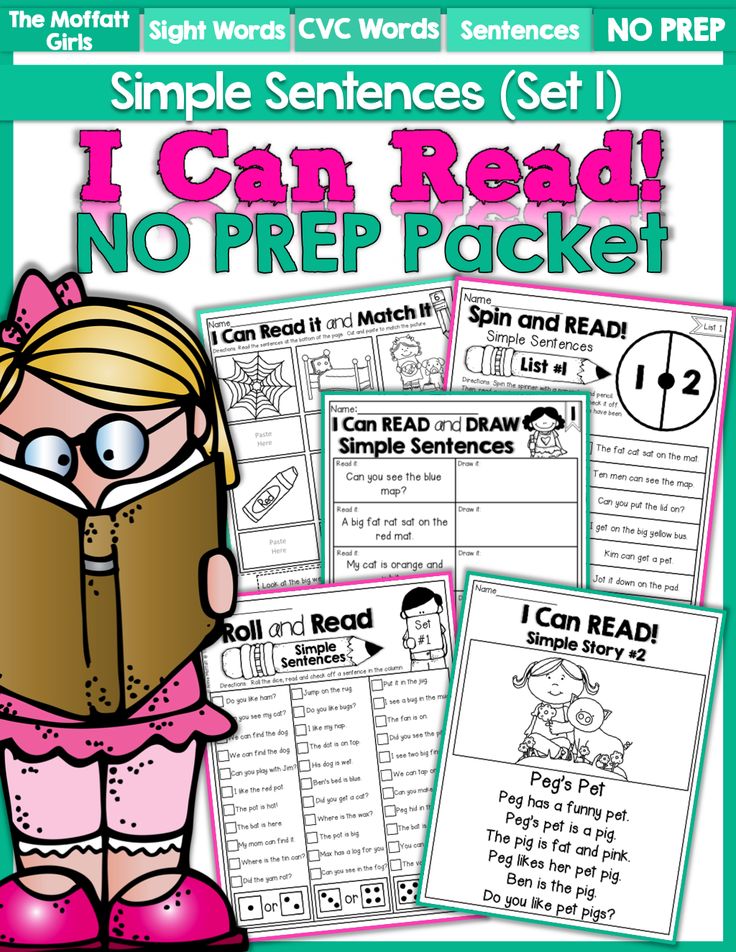 At this stage, you should also carefully study the conjugation of verbs, past or future tense. nine0008
At this stage, you should also carefully study the conjugation of verbs, past or future tense. nine0008
3. Average: CEFR B1
“‘Grey Worm’ gives me pride, it is a lucky name. The name this was born with was cursed”
- Gray Worm, commands the Unsullied and (by the end of season 8) speaks English at B1 level.
What you need to know about B1 English
The step between A2 and B1 is big because it means you have reached a certain degree of confidence in English. This is when you can walk into a clothing store and a restaurant and have no issues with staff questions. However, when discussing a familiar topic, you may still have some difficulties. At this level, students go beyond basic knowledge, but they still cannot work or study exclusively in English. You can deal with challenges in everyday life, such as engaging in conversations that you weren't prepared for or dealing with issues that come up while traveling. nine0008
At this level, students go beyond basic knowledge, but they still cannot work or study exclusively in English. You can deal with challenges in everyday life, such as engaging in conversations that you weren't prepared for or dealing with issues that come up while traveling. nine0008
When you reach level B1 your working vocabulary will be about 2500 words and you will be able to remember about half of them at a certain speed. It takes about 350-400 hours of English to pass the Cambridge English exam at B1 level.
What you can do at B1
At B1, English learners can:
- Describe experiences and aspirations, and support their opinions with arguments. nine0315
- Listen and understand TV shows in English, but only with English subtitles.
- Read fairly simple books in English and understand what is going on in newspaper articles.
- Write simple texts on topics that are familiar or of interest to you.
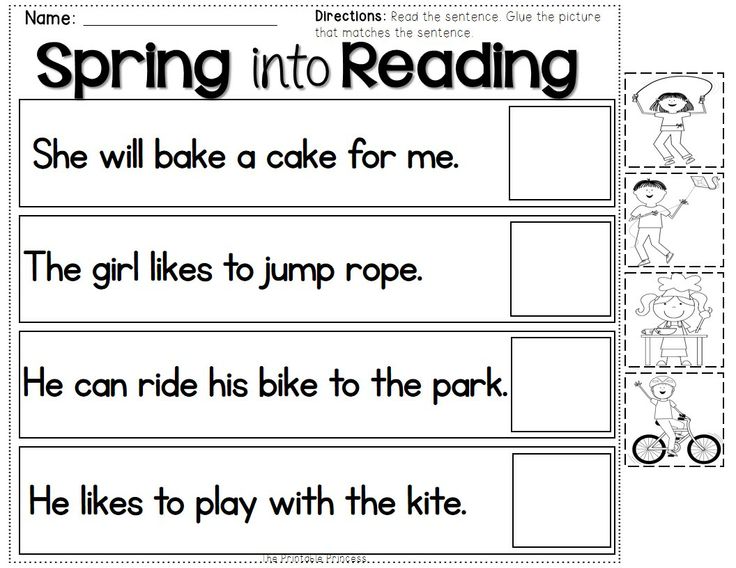
How to reach level B1
The most important tip for becoming an intermediate English speaker is to take your learning more seriously and plan a regular, highly engaged study program. 10 minutes a day is fine, but 30 minutes is so much better! This way you will start getting faster and better results. To pass the threshold between beginner and intermediate, you should also pay attention to your systematic errors and try to eliminate them one by one. An English tutor can help you find common mistakes and make a plan for you to overcome them. To improve your vocabulary, you should also start adding more phrases to your word bank. You can make it easier for yourself by learning English in "blocks" such as whole sentences, phrases, or phrasal verbs, rather than just words. nine0008
4. Above average: CEFR level B2
“Offend Dobby? Dobby has heard of your greatness, sir… but never has he been asked to sit down by a wizard, like an equal.”
- Dobby the house elf speaks B2 English.
What you need to know about B2 English
Welcome to Basic English Fluency! At level B2, you already have confidence and control in speaking, writing and reading. This is enough to work in an English-speaking environment and in an academic environment, and now you can make more complex sentences to express ideas. Of course, you are not always perfect and certainly not the most experienced or nuanced speaker. However, you now have the language skills to live comfortably in an English-speaking country and work in an English-speaking office. nine0008
When you reach level B2 your working vocabulary will be about 4000 words . It takes about 500-600 hours of lessons to pass the Cambridge English exam at B2 level.
It takes about 500-600 hours of lessons to pass the Cambridge English exam at B2 level.
What you can do at B2
At B2, English learners can:
- Take an active part in discussions in a familiar context and provide relevant explanations and arguments.
- Understand standard speech at normal speed, provided the topic is sufficiently familiar. nine0315
- Understand the main ideas when reading complex text, as well as modern fiction, articles and reports.
- Write clear and detailed texts on topics related to their interests or area of expertise.
How to reach the B2 level
To reach the B2 level, you need to start taking more risks. This means talking about unfamiliar topics, writing articles in English, and forcing yourself to explain complex concepts. If you take this risk, your vocabulary will expand and you will start to see systematic errors. At this point, you need to pay attention to how native speakers create phrases and learn some little tricks to improve pronunciation and mimic fluency.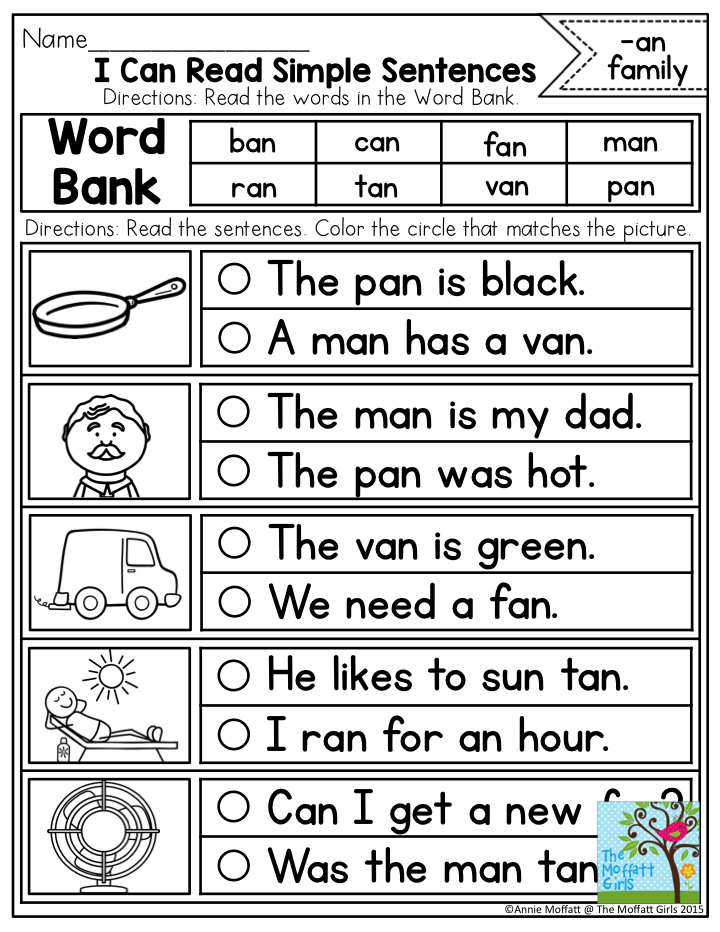 At a high intermediate level of English, progress will seem to be slowing down. But it's important to pay close attention to what you're doing wrong. If you need help reaching this level, find a native English speaker to help you practice and correct your mistakes. nine0008
At a high intermediate level of English, progress will seem to be slowing down. But it's important to pay close attention to what you're doing wrong. If you need help reaching this level, find a native English speaker to help you practice and correct your mistakes. nine0008
5. Advanced: CEFR C1
“Confident people have a way of carrying themselves that makes others more attracted to them.”
- Sofia Vergara, actress who speaks English at C1 level.
What you need to know about C1 English
C1 is an advanced level. C1 level users can easily speak English and understand the language (almost!) in all its complexity.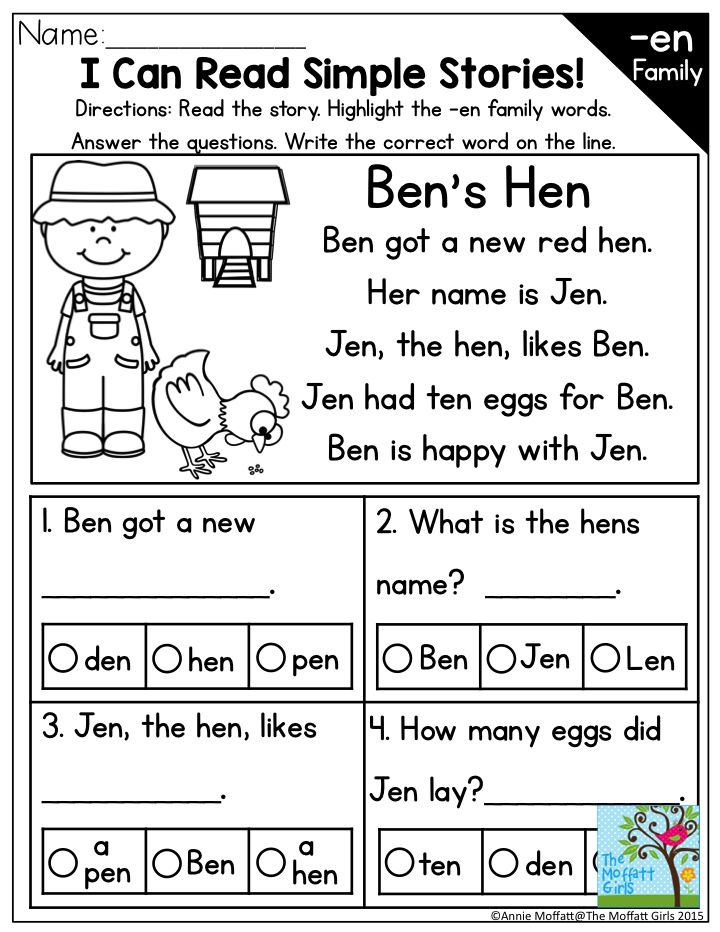 At this point, you will be able to have longer conversations even on unfamiliar topics. You will also understand longer texts. At this stage, you can use English for everyday business and academic purposes. If B2 is what many consider "fluent language", then C1 is fluency with increased nuance and comprehension. On C1, you can understand subtle jokes and express yourself with colorful phrases, just like in your native language. nine0008
At this point, you will be able to have longer conversations even on unfamiliar topics. You will also understand longer texts. At this stage, you can use English for everyday business and academic purposes. If B2 is what many consider "fluent language", then C1 is fluency with increased nuance and comprehension. On C1, you can understand subtle jokes and express yourself with colorful phrases, just like in your native language. nine0008
When you reach level C1, your working vocabulary will be about 8000 words - almost double that of B2! It takes about 700-800 hours of to pass the Cambridge English exam at C1 level.
What you can do at C1
At C1, English learners can:
- Express ideas and make presentations fluently in the language.
- Understand subtle jokes and hidden meanings in conversation. nine0315
- Understand a wide range of complex, long texts.
- Write in detail on a variety of topics and communicate easily with strangers.
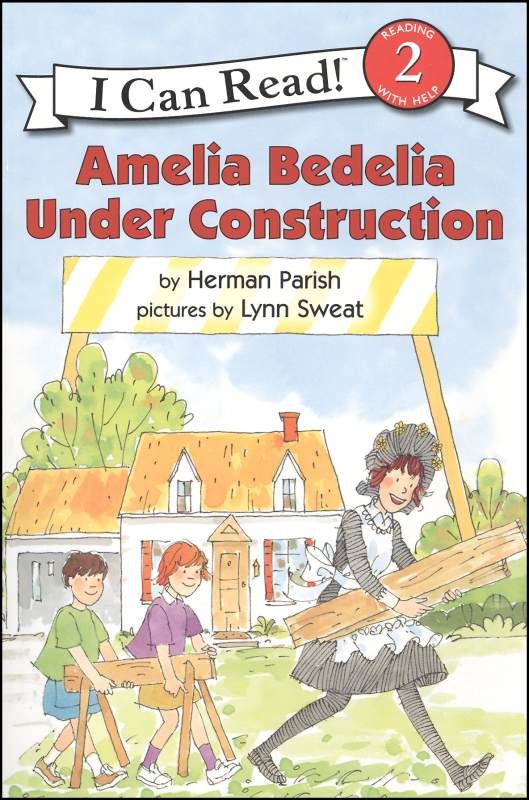
Tips for reaching C1
A great way to get to C1 is to learn new information using English as a tool. For example, you can take an online course and improve your skills for your career or personal goals, as well as double your English skills. This way you will learn a new skill and also learn tons of vocabulary related to that topic. You will also be able to work with the phrases you use and turn them into your active vocabulary. To become an active learner, write down the 5 phrases you hear or read during the course in a notebook or flashcard app. Then practice using each of these expressions or phrases in 5 different ways. nine0008
6. Mastery: CEFR Level C2
“'Supposedly, or so I have heard, some expect my speech to pave the way for a fundamental reform of the European architecture which will satisfy all kinds of alleged or actual British wishes.
I am afraid they are in for a disappointment.’”
– Angela Merkel, Chancellor of Germany, speaks English at C2 level.
What you need to know about English level C2
Level C2 is the highest level in existence and therefore deserves the title of “mastery”. This means that the user of the language is on the same level as a native speaker (but not quite "native"), with complete confidence and control over the language. C2 level users who are proficient in English can write or speak fluently on any topic, with nuances of presentation and a coherent delivery. You can also read and understand speech without any obstacles. C2 means that you will find very few (if any) restrictions in everyday life in English, and you will find it very comfortable to use it in an academic or professional environment. nine0008
When you reach level C2 your working vocabulary will be about 16000 words . It takes approximately 1000-1200 hours of lessons to pass the Cambridge English exam at C2 level.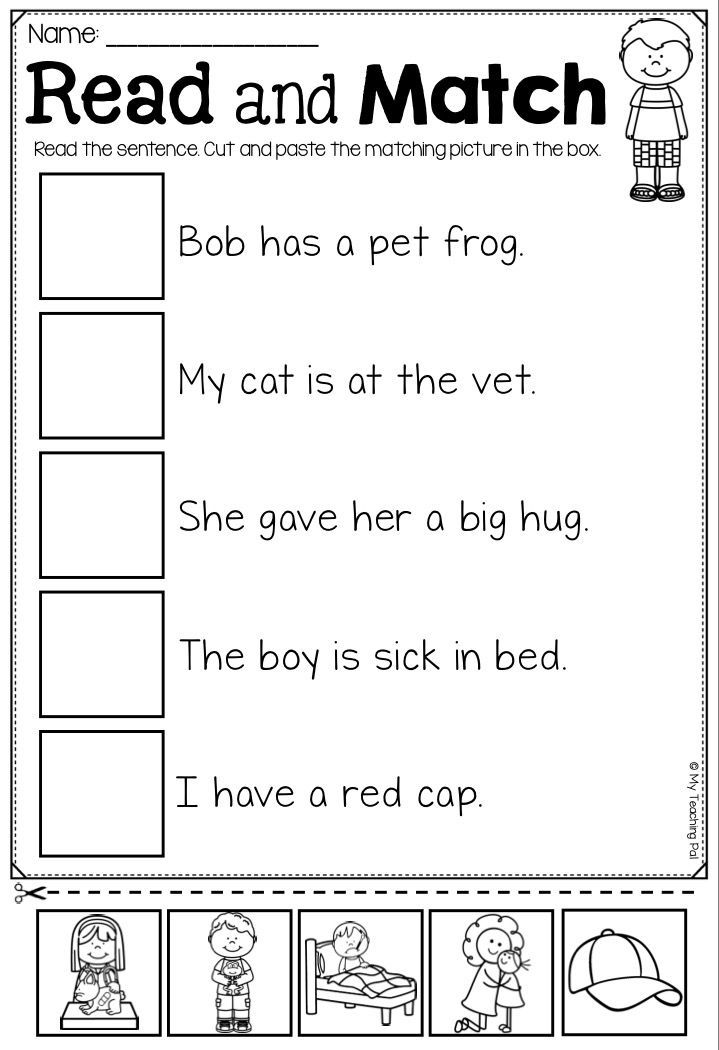
What you can do at C2
At C2, English learners can:
- Express themselves spontaneously and fluently, and handle unfriendly questions with confidence.
- Write coherently and concisely, with the ability to summarize information and build exhaustive arguments. nine0315
- Easily understand everything they hear in that language.
- Read complex technical texts quickly.
How to reach C2
The key to becoming a C2 English speaker is to integrate the language into your life as much as possible. Daily use and communication with native speakers will speed up the process and push you towards C2. Get out of your comfort zone and get into situations where you have to use language spontaneously. Eventually, you won't need to think about conversations in advance anymore. One way to do this is to completely move to an English-speaking country where you won't be able to use your native language. This will make you adapt quickly! However, if you're looking for a less drastic approach, why not schedule regular Skype English lessons with an English tutor? nine0008
Achieving English Learning Goals
CEFR English Proficiency Levels are a great tool to measure your current language skills.

 You understand the texts of advertisements, announcements at the airport, store, inscriptions on products, postcards, you know how to write personal and business letters. Read and retell not very difficult texts.
You understand the texts of advertisements, announcements at the airport, store, inscriptions on products, postcards, you know how to write personal and business letters. Read and retell not very difficult texts. 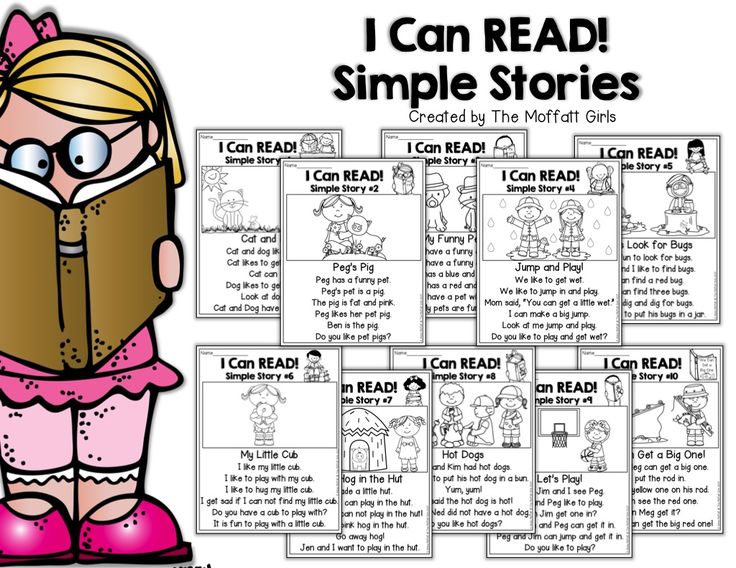 language. You can speak almost clearly and in detail on a wide range of issues, explain your point of view on an important issue, giving arguments for and against. You read non-adapted literature in a foreign language, you know how to retell the content of complex texts. nine0008
language. You can speak almost clearly and in detail on a wide range of issues, explain your point of view on an important issue, giving arguments for and against. You read non-adapted literature in a foreign language, you know how to retell the content of complex texts. nine0008  You can express your thoughts fluently and clearly, even on complex issues, while conveying the subtlest shades of meaning. nine0008
You can express your thoughts fluently and clearly, even on complex issues, while conveying the subtlest shades of meaning. nine0008 
